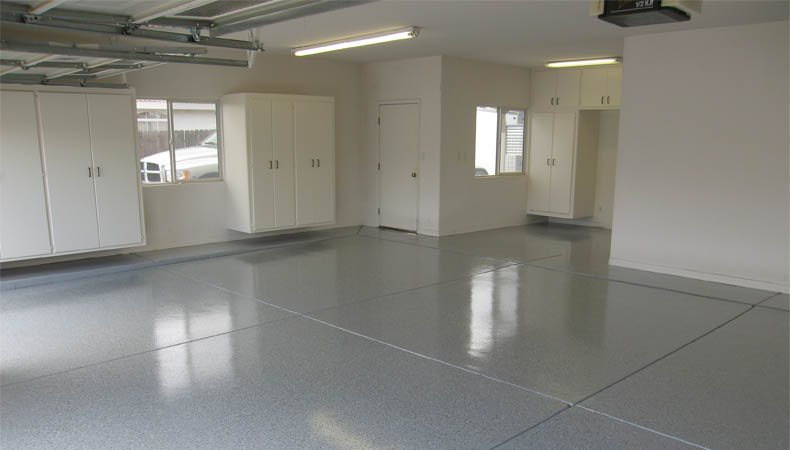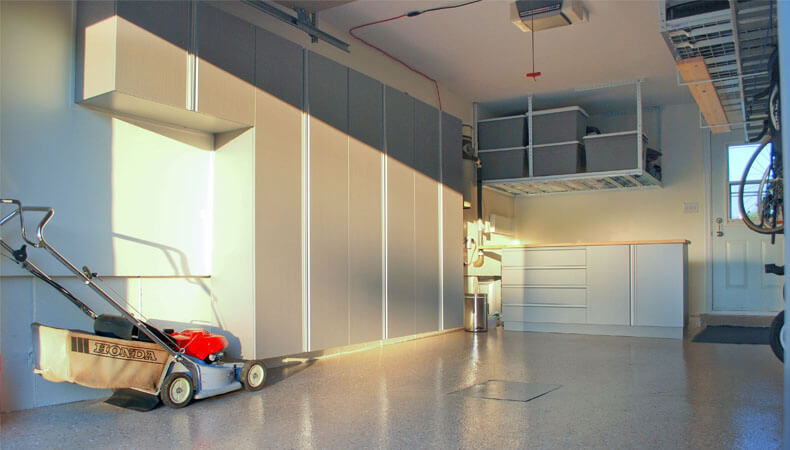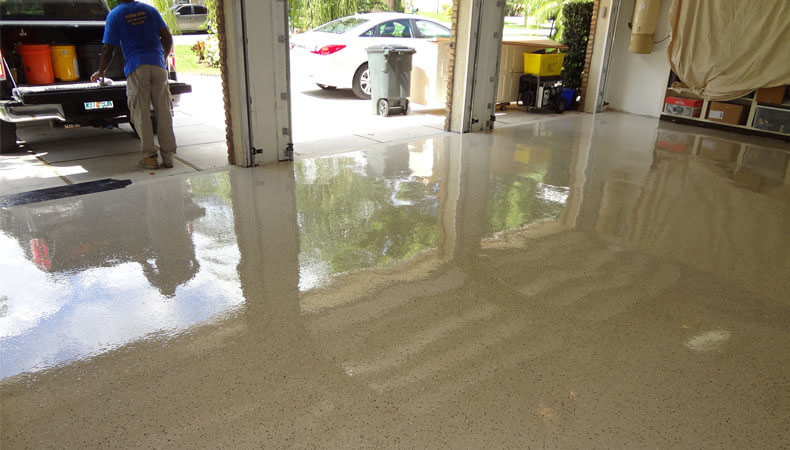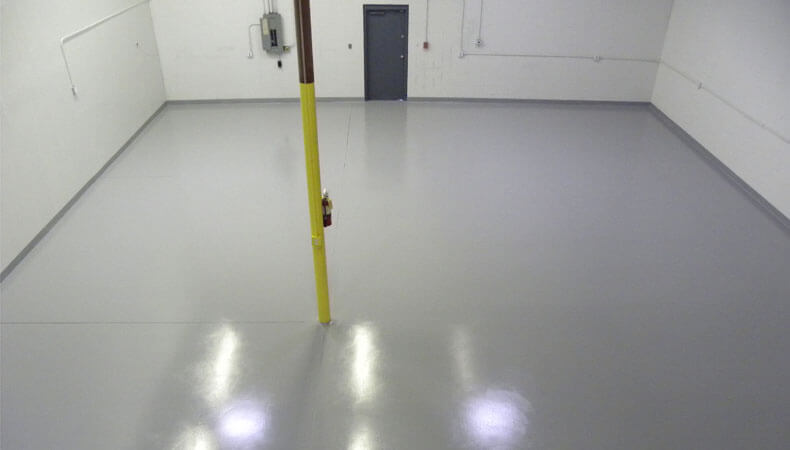How To Know Which
Epoxy Floor Coating Is Best

Are you looking for an epoxy flooring system for your home or business? We know how stressful it is to make a commitment to a single type of coating because you want to make sure you get the best of the best. But with epoxy, you will find that there are epoxies suited for every type of setting. For example, metallic epoxy can be great in your home but may not be the best option for an industrial complex. Want to know what type of epoxy you need to get the best bang for your buck? Down below, we will be talking about the different types of epoxy so you can tell which type of epoxy suits your needs the best. Let’s get started.
Solvent-Based Epoxy

Solvent-based “epoxies” are the type of epoxy that you can find at the local home improvement store. While they say they are easy to use, they don’t offer many other benefits than that. This is because these epoxies are actually concrete paints that have a small percent of epoxy mixed in. This is why we don’t think that solvent-based epoxies are for everyone. If your home is in desperate need of a refresh or you only use your garage to park your vehicle, this coating may be the right one for your purposes.
Waterborne Epoxies

When homeowners need more protection than a solvent-based epoxy can offer, we recommend the use of a 2 part water-based epoxy. This form of epoxy is the mid-tier form of epoxy right behind the 100 percent solid epoxy that we will talk more about down below. The water-based epoxy uses water a filler that fills the void of not having a pure epoxy mixture, saving you money at the expense of cure time and a small portion of durability. While this form of epoxy is perfect for your weekend warrior that uses the garage regularly, it may not be the first option for commercial or industrial settings. But, this shouldn’t deter you from using this type of epoxy as there are many pros of using this type of epoxy and down below, we have outlined the pros and cons of using a water-based epoxy system:
Pros
- Provides a VOC free environment during installation
- Can be used on cracked or damaged concrete slabs
- Offers a much more competitive pricing point
Cons
- Instances of recoating needing to be done every 5-10 years
- A fully cured finish can take anywhere from 48-72 hours
- Offers protection, but not as much as a 100 percent solid system
100 Percent Solid Epoxies

Now we are at the best of the best, the 100 percent solid epoxy system that uses a pure epoxy formula and a hardener to make one of the most durable coatings on the market. While these epoxy systems offer the best in grade performance, they have a price tag to match, making it harder to pull the trigger on for your average homeowner. Want to know what makes this flooring so attractive or and why you might consider staying away from it? Down below, you will find the advantages and disadvantages of using 100 percent solid epoxy systems:
Pros
- Average cure times only take up to 24 hours in most cases
- Can last your home or business 20-30 years with proper maintenance
- Weight tolerance of up to 15,000 PSI with proper installation
- Ability to resist harsh chemicals like battery acid, cleaners, and degreasers
Cons
- Will produce toxic fumes during the installation process
- Can cost more than the lesser epoxies on the market
- Next to impossible to do yourself due to fast cure times
- May be hard to obtain without proper licensing
Well there you have it, the types of epoxy flooring and why you should consider each one. Now when it comes to which one of these options is the best, it is up to you and what you are going to be using the epoxy for. Want more information on the variants of the epoxies we offer? Take a look at our home page for all the information you need!
